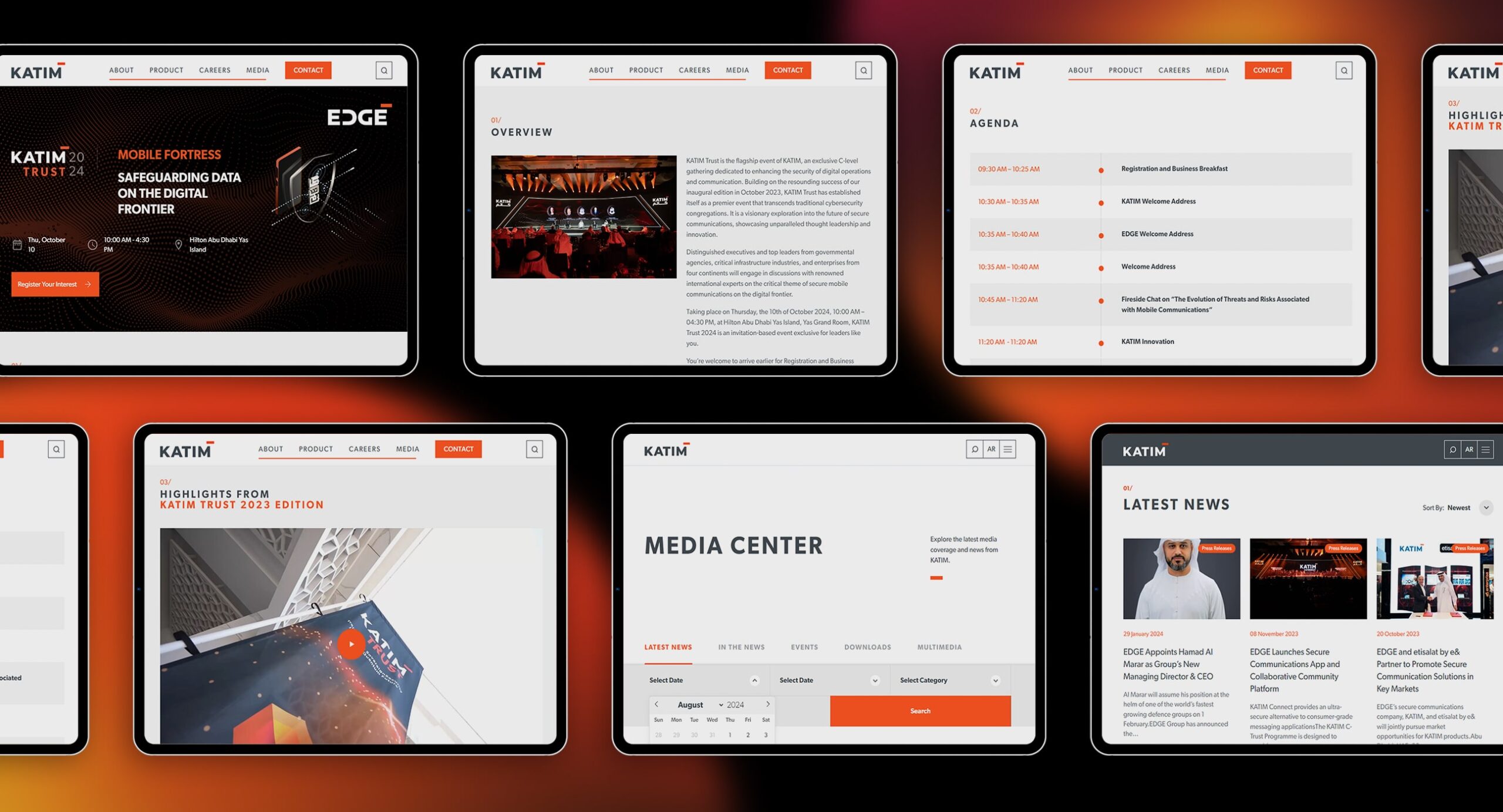Seasonality is an important dimension in any content marketing. If you ask why does seasonal SEO matters, the answer will be that people get excited during particular days, such as festivities and holidays. For example, a home decor item is in higher demand during the Eid season than in other months. Incorporating seasonal content across your search engine optimisation strategy is the key to getting a better ranking for seasonal content and its queries. In this blog, you will learn about what is seasonal SEO and how to optimize for seasonal SEO.

What is seasonal SEO?
Do you have any idea what is seasonal SEO? Content is based on time as well as event aspect instead of an evergreen concept. In other words, this type of content is created to align with seasonal trends, events, holidays and festivities. SEO for seasonal campaigns is only relevant during a particular time of the year, compared to evergreen content creation. It is created to amass the benefits of particular events in a year because at such times, the demand for a product or service goes up, reflecting your target’s demands.
Why does seasonal SEO matter?
Seasonal SEO matters in search engine optimisation because it’s the chance to increase engagement, conversions and sales within a short time. A meticulous plan, including season SEO keywords into carefully crafted content, can provide actual results. Event-based SEO and time-based SEO are different ways to execute a seasonal SEO strategy. In event-based SEO, you will optimise SEO for seasonal campaigns for specific events. These events could be Black Friday and Big slash Sales on Valentine’s Day. On the other hand, time-based SEO focuses on optimising content for holidays such as Christmas, summer, Eid and winter.
How to plan seasonal SEO?
Event or holiday SEO optimization for seasonal content is the new normal to amass conversions and boost sales. But how can you do it?
First of all, you need to identify keywords to be used. Secondly, do the homework for content creation. As a last step, subscribe to any paid SEO tools to optimise website content accordingly.
When it comes to content creation, the second step is to begin the rough drafts two or three months before the events or holiday to effectively promote and optimise content on diverse platforms, including social media. Hurrying up in the last minute makes everything messy, and overall efforts cannot bring any success.
How to optimize for seasonal SEO?
Seasonal SEO strategies for e-commerce and other businesses are not at all different from traditional SEO optimisation strategies. The following six proposed ways show you how to optimize for seasonal SEO.
- Update your website content –
You might have been constantly using digital marketing trends to create stellar content periodically. That is not what we mean here. For specific events and seasons of the year, you need to create blog posts, landing pages, articles and social media content by employing some SEO tips for festive seasons.
- Identify trending topics
- Regular updation of seasonal content is vital
- Create blog posts or articles around events and holidays
- Use Google Trends to dig deeper into seasonal trending topics around a specific time of the year.
- In your content, consider local events and communities
- Add multimedia content –
Adding multimedia elements such as images, videos revolving around your core event or holiday, sets the mood for the end-user. High-quality definition images capture their eyeballs and convey your message effectively. Besides, you may also understand how to analyze seasonal behaviour with heatmaps.
- Use high-quality images for GA4 recommended events
- Optimise images as per SEO guidelines
- A well-written alt text must be accompanied
- Videos must contain a seasonal tone to convey apt messages in a matter of time.
- Use specific colours and patterns as a visual stimulus
- Tailor multimedia elements and themes as per your brand
- Keyword research
Optimizing content for holidays cannot be effectively carried out with exceptional content alone; you need to do your keyword research to find what your target audience really needs during an event or holiday.
- Select any paid SEO tool of your choice
- Identify search terms as well as different kinds of branded, holiday-based, event-based, non-branded, weather-based, industry-specific, seasonal and long-tail keywords.
- Decide the best topics to include these keywords
- Look for trends and competitors to get topic ideas
- Integrate seasonal keywords in a flawless manner
- Competitive analysis
Competitive research is necessary to draw inspiration for your seasonal content marketing SEO, and it shows any points you have overlooked.
- Make a list of your top competitors using any SEO audit tool like Semrush or Ahrefs
- It shows areas for improvement in your seasonal content marketing SEO strategy.
- Analyse competitors’ content of all sorts and find gaps.
- Finally, fine-tune your own Seasonal SEO strategies for e-commerce based on analytics.
- Keyword optimization
After a detailed keyword research, the determined keywords need to be optimised well. The best keyword optimisation strategies need to be employed. You can optimize weather-based keywords, holiday-based keywords and event-based keywords as follows:
- Use keywords in header tags
- Use keywords in the meta tags as well as structured data
- Use keywords in the first paragraphs
- Main keywords in your page’s URLs
The benefits of seasonal content marketing SEO
- Increased visibility – Business attract more traffic due to seasonal content on website contributing to increase search results and online visibility.
- Increased conversion rates – Bespoke blog posts and articles meet specific audience needs and demands, leading to leads and conversions.
- Overall improved SEO performance – You can improve overall SEO efforts by targeting seasonal keywords and high-quality content to drive desired outcomes
- Competitive advantage – Targeting in high-demand period is a competitive advantage.
- Specific audience targeting – Using seasonal content, it is possible to target a segmented yet wide variety of audiences.
So you now know what is seasonal SEO for your business means. Incorporating holiday season SEO keywords into SEO for seasonal campaigns would certainly improve ranking, search results and ultimately help target to find the best product or service information online. Your website’s organic traffic is affected by your ability how to plan seasonal SEO along with content strategy for seasonal trends.
Related Post
Publications, Insights & News from GTECH








